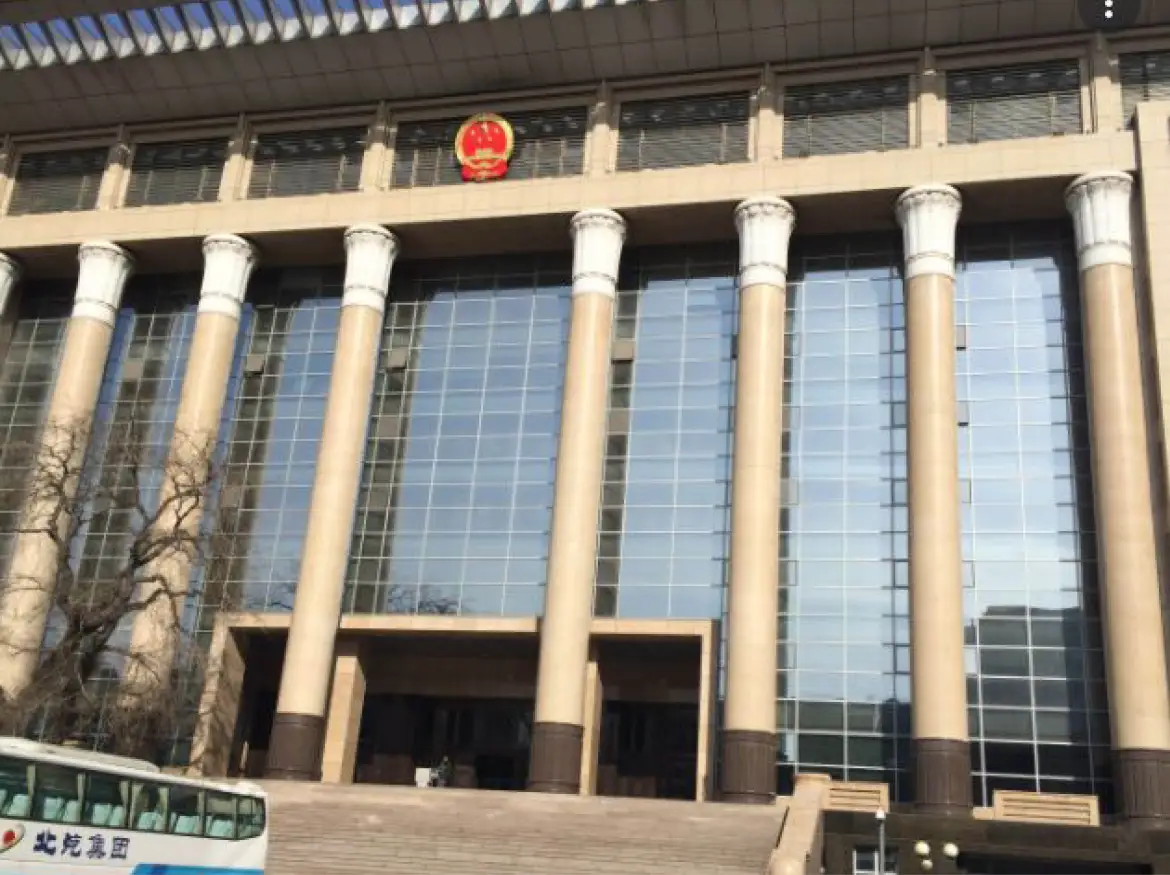10429
0
China's Supreme Court considers overtime work to be illegal
China's Supreme Court considers overtime work, code 996, to be illegal six days a week from nine in the morning to nine in the evening.

Yazar: Tom Roberts
Yayınlanma: 29 Ağustos 2021 13:39
Güncellenme: 3 Mart 2026 04:19
China's Supreme Court considers overtime work to be illegal
China's Supreme Court considers overtime work, code 996, to be illegal six days a week from nine in the morning to nine in the evening. This controversial practice is common practice in China, especially in technology companies. Cases of collapse, death and suicide of employees are reported. But the leaders of technology giants consider such working hours a "blessing." China's Supreme Court with the Ministry of Human Resources and Social Security have published extensive material on labor rights violations and overtime. The document covers ten cases where employees are forced to work overtime and have problems if they refuse. According to some companies from the American Silicon Valley, this system of work gives China a competitive advantage over the United States. In one case, an unnamed technology company asked employees to sign an agreement waiving overtime pay. In another case described, an employee in the media sector fainted at work in toilets and eventually died of heart failure. The court ruled that his death was work-related, and the company had to pay the family about 400,000 yuan. The public debate earlier this year was exacerbated by the deaths of two employees of the online retailer Pinduoduo. One woman collapsed on the way home after one o'clock at night and failed to recover, another employee committed suicide. The 996 system has long been supported by technology billionaires, such as Alibaba founder Jack Ma or JD.com head Richard Liu. Ma said that without this system, the Chinese economy would most likely lose vitality and impetus. He then called the opportunity to work in the 996 system a "blessing." "If you want to work for Alibaba, be prepared to work 12 hours a day. Otherwise, don't even think about it, "he said. Last month, ByteDance, which owns the TikTok social network, announced that it would officially end its weekend overtime policy as of August 1. A similar decision was previously announced by a short video competitor, Kuaishou. The court's and ministry's criticism of the system, nicknamed 996, fits into the context of the country's extensive regulatory intervention in Beijing by technology giants. Regulation focuses on issues ranging from monopolistic behavior to consumer rights.İLGİLİ HABERLER





European stocks soared and focus shifted to German retail sales after Powell's speech!

Forex Signal For TRY/USD: Inflation Slowdown in November.

Forex Signal For GBP/USD: Bullish Trend Still Not Breaking While Recovery Continues.

Forex Signal For EUR/USD: Starry US Data Points to Higher Fed Increases.

Forex Signal For BTC/USD: Downside Continues as Bitcoin Recovery Moves Less.
En Popüler Haberler
Yorum Yap
Yorumlar
Henüz yorum yapan yok! İlk yorumu siz yapın...